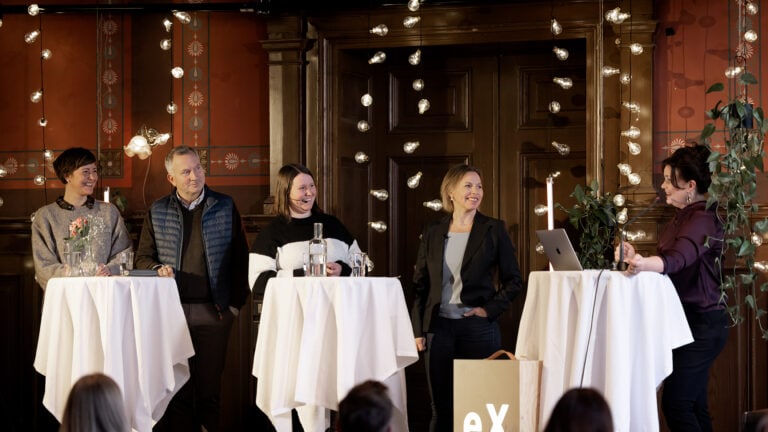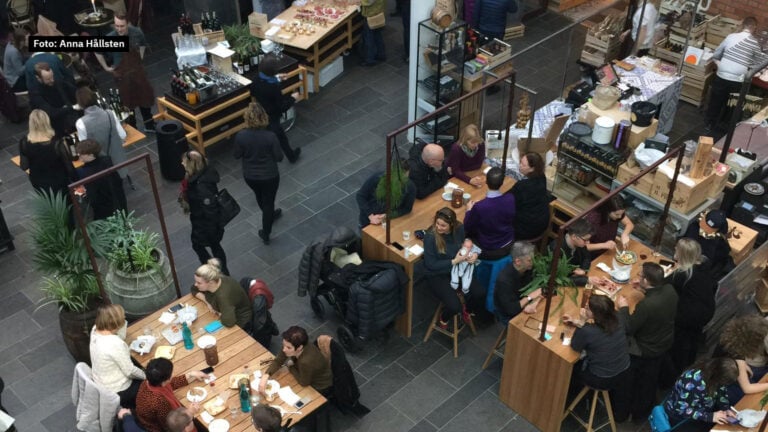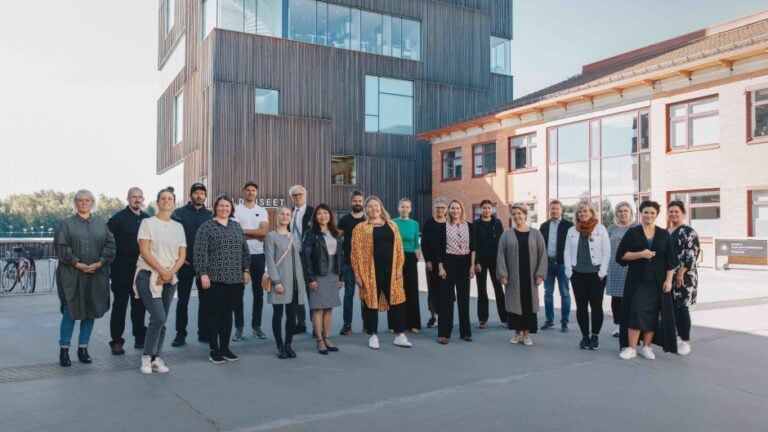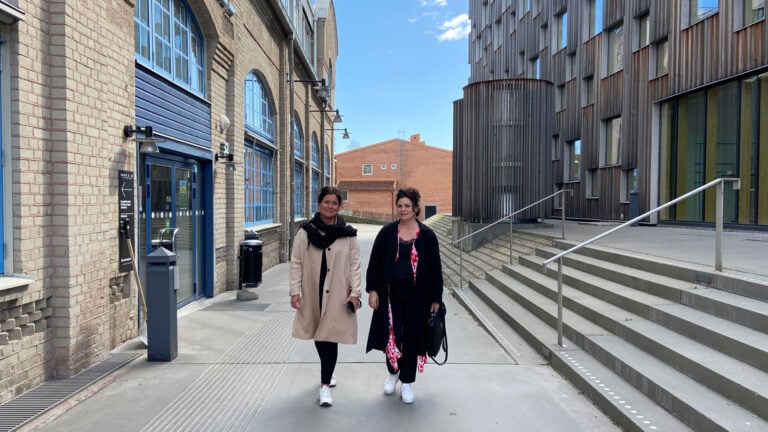The ongoing pandemic has contributed to an increased interest in sustainability issues. Today, there is an ambition and willingness among many companies to develop their activities even more sustainably. This creates positive effects for companies, individuals and societies.
How can sustainability work be simplified?
Today, many SMEs find the concept of sustainability complex and challenging to put into practice. A first step is to map out how far the company has come in its sustainability work. This work often reveals both challenges and opportunities, facilitating progress towards more sustainable operations. This, in turn, can lead to creative and innovative business opportunities.
Additional factors that are important for the company's sustainability work are adapting the work to the company's specific conditions in terms of, for example, human resources, knowledge, finances and needs. These must be taken into account if the work is to be feasible.
Sustainability as a concept is not only about the environment but also includes social, cultural and economic aspects. It is about having a plan with activities that include these areas and working on a continuous basis with follow-up. Only then can long-term sustainable development be achieved (see brief description of each area below).
Sustainability Management
Means that there is a structured programme for the company's long-term sustainability work that is adapted to the conditions, reality, scope and size of the business. This may include sustainability systems, staff engagement, communication and crisis planning.
Social and economic benefits for society
Describes support and interaction with local communities and local commerce. Deals with issues of exploitation of vulnerable groups, gender equality and employment security. Working with and supporting the development of local entrepreneurs.
Maximising benefits for cultural heritage
Protection of cultural heritage and historically sensitive sites and interaction with indigenous peoples. Includes issues such as the inclusion of living heritage and traditions in food, commerce, events and other services offered, and the capacity of sites visited to minimise negative impacts.
Maximising environmental benefits
This subject area covers resource management: including purchasing, energy and water use, air pollution, recycling, waste, transport, biodiversity and ecological diversity, and climate footprint.
It is clear that companies are currently implementing a number of different initiatives to become more sustainable, but there is scope for further development of structured work. Making sustainability work visible to customers, partners and other stakeholders creates value both inside and outside the organisation. In particular, this means communicating the company's sustainability values. This increases transparency and conveys the company's knowledge, which leads to increased credibility. From a business perspective, it helps to strengthen the company's brand. This in turn can bring benefits as customers, suppliers and other partners prioritise companies that clearly include sustainability in their operations.
Reflection questions: sustainability work in your company
- Why does your company want to work towards long-term sustainable development? Discuss and identify the purpose.
- How can you map your sustainability work and examine which method is best suited to your business? Examples of methods could be Sustainable E-Commerce and GSTC.
- What are the company's sustainability objectives and what is reasonable to achieve in the short and long term? Identify three focus areas.
- How can sustainability be integrated into operational and strategic work?
- What resources and competencies does the business have to develop sustainability policies?
- Is it possible to appoint a sustainability officer?
- How can your sustainability work create business benefits for your company?
- From a sustainability perspective, how and to which priority stakeholders and target groups can you communicate your sustainability work?
Tips on literature
Sustainability in practice - Jan Peter Bergkvist
CSR in practice - Per Grankvist
Text: Minna Widestedt
E-mail: minna.widestedt@progrexiaconsult.se www.progrexiaconsult.se






